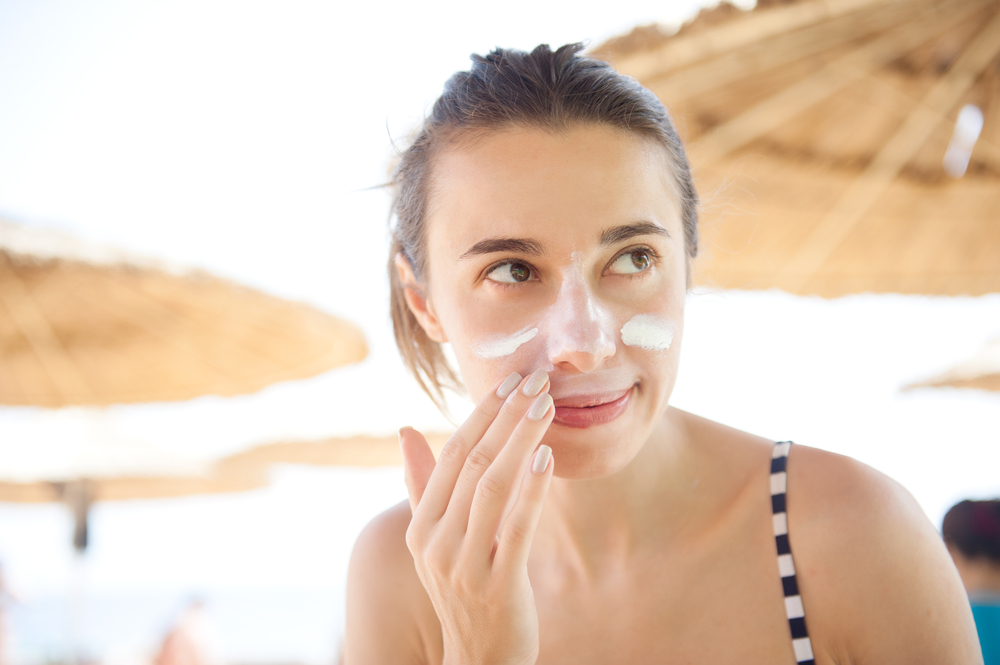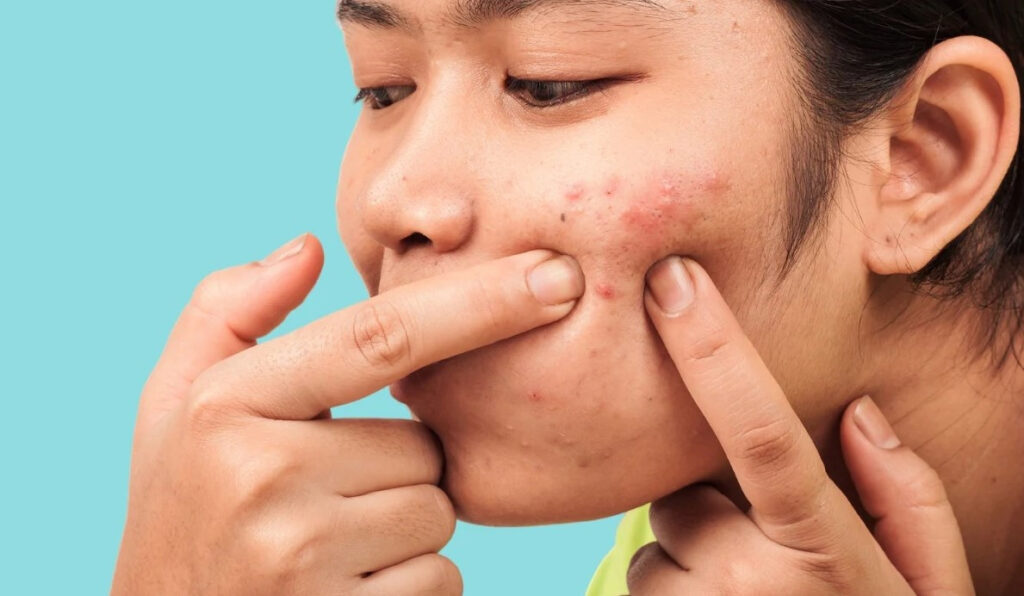
How to Choose Sunscreen for Sensitive, Acne-Prone Skin
How to Choose Sunscreen for Sensitive, Acne-Prone Skin
Choosing the right sunscreen for acne-prone and sensitive skin is not easy. Acne-prone skin is often inflamed, irritated, and vulnerable to clogged pores. That’s why selecting a gentle yet effective sunscreen is essential to protect your skin and support acne treatment.
1. Key Criteria for Sunscreens Suitable for Acne-Prone Skin
Look for labels with:
-
Non-comedogenic
-
Non-acnegenic
-
Won’t clog pores
-
For acne-prone skin
-
Hypoallergenic
-
Dermatologist-tested/approved
-
Cosmeceutical
Avoid sunscreens containing fragrances, alcohol, PABA, and oxybenzone, as these ingredients can irritate sensitive skin.
Choose lightweight textures like serum, gel, or milk for better breathability in hot weather.
Physical (mineral) sunscreens containing zinc oxide or titanium dioxide are gentler than chemical sunscreens, making them a safer option.
Opt for oil-free formulas to reduce shine and prevent pore blockage.
Use sunscreens with SPF 30 for daily protection. For severe acne, SPF 15 may be more suitable to avoid product overload.

2. Types of Sunscreen and Their Properties
2.1 Physical Sunscreen (Sunblock)
-
Main ingredients: Zinc oxide, Titanium dioxide
-
How it works: Creates a barrier that reflects and scatters UV rays
-
Pros: Gentle, stable under sunlight
-
Cons: May leave a white cast, but newer formulas are improving
2.2 Chemical Sunscreen (Sunscreen)
-
Main ingredients: Avobenzone, Oxybenzone, Octocrylene, etc.
-
How it works: Absorbs and transforms UV rays into harmless heat or light
-
Pros: Lightweight, blends well with skin tone
-
Cons: May cause irritation, less stable under sunlight
3. Skincare Tips for Acne-Prone Skin
-
Use a gentle facial cleanser for acne twice daily.
-
Avoid makeup or use non-comedogenic products.
-
Remove makeup thoroughly and moisturize properly.
-
Don’t pick or squeeze pimples.
-
Avoid touching your face frequently.
-
Always wear sun protection and replace or wash face masks daily.
-
Avoid sugary and high-fat foods.
-
Drink at least 1.5 liters of water every day.
-
Get enough sleep; avoid staying up late.

4. Sunscreen Usage Guidelines
-
Patch test the product on a small area for 48 hours before full application.
-
Don’t use expired sunscreens or those over 3 years old.
-
Avoid spray sunscreens on the face.
-
Reapply sunscreen every 2 hours when outdoors or after sweating/swimming.
-
Apply 2mg/cm² to all exposed areas, including ears, neck, lips, scalp, and hairline.
-
Combine sunscreen with protective clothing, hats, and sunglasses.
-
Only purchase from reputable brands and official stores. Avoid cheap, unverified products that may contain harmful chemicals.